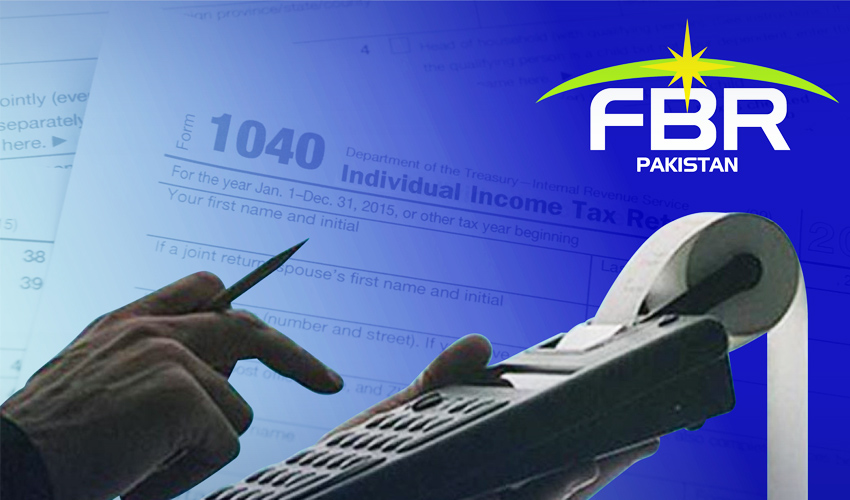The Federal Board of Revenue (FBR) has issued a notification outlining significant amendments to the Sales Tax Act, 1990, aiming to enhance the measures against tax fraud and evasion.
One of the key developments is the decision to establish a specialized wing dedicated to investigating tax fraud cases. This new wing will encompass an Intelligence and Analytical Unit as well as a Digital Forensic Unit to strengthen the enforcement of tax laws.
Under the amended act, individuals failing to submit tax returns may be served with notices or summons. Submitting false or fake documents will attract a hefty penalty of either Rs25,000 or 100% of the tax amount, whichever is higher. Furthermore, providing incorrect information in tax returns could result in imprisonment for up to five years.
The FBR has also stipulated severe penalties for tax evasion. For evasion amounting to less than Rs1 billion, offenders could face up to five years of imprisonment. For amounts exceeding Rs1 billion, the punishment escalates to 10 years of imprisonment along with a fine equal to the evaded amount.
The amendments broaden the definition of tax fraud to include the submission of false documents, concealment of information, and deliberate under-declaration of taxes or under-payment of dues. Additionally, claiming excess tax credits against duty paid will now be scrutinized under the updated law.
The newly formed Tax Fraud Investigation Wing will handle all cases related to tax fraud. This wing will be equipped with capabilities to request electronic invoices from individuals, groups, or companies. These invoices can be verified in real-time using a computerized system, ensuring greater transparency and accountability.
The introduction of these stringent measures and the establishment of the special investigation wing mark a significant step towards combating tax fraud and enhancing the integrity of the tax system in Pakistan.


























